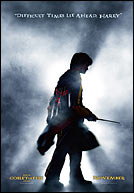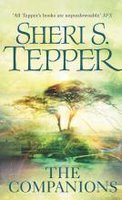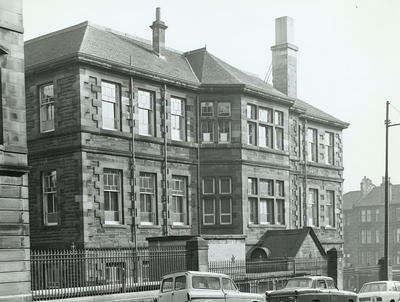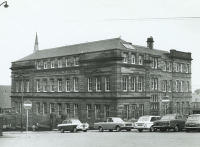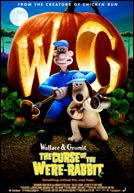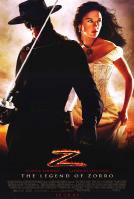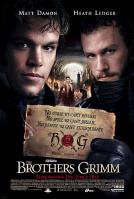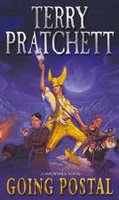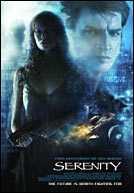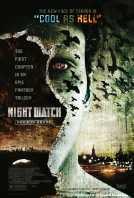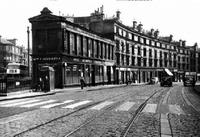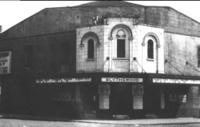 All Packed And ready To Go!
All Packed And ready To Go!
Cousine Roderick and I on Aunt Jean's Suitcase.
School holidays were always something to be looked forward to. I'd usually be bundled off to my aunts in
Dennistoun for most of the summer break while mum and dad were at work but that was okay as there were a couple of lads in the close of a similar age and we got on fine together. Holidays abroad were practically unheard of back then but we'd usually go away as a family for a few weeks and stay with relations.
However, my earliest memories of holidays were when my aunt Jean would sometimes take me up to stay at her father-in-law's croft at
Forss, near Thurso, and we could be up there for weeks over the summer break. If you thought having no running hot water was bad, the house didn't even have running cold water and all the water had to be hand pumped into the tank from a well up the hill. This was usually done twice a day and it was one of those chores that a wee boy just had to have a shot at every now and then - builds character and muscle doing that for twenty minutes, twice a day.
Farm life was great for a small boy as there was loads of stuff to be getting into. Probably a health and safety nightmare these days to let children anywhere near half of it but things weren't so strict then but the really dangerous stuff like sickles, shears and scythes were always locked away.
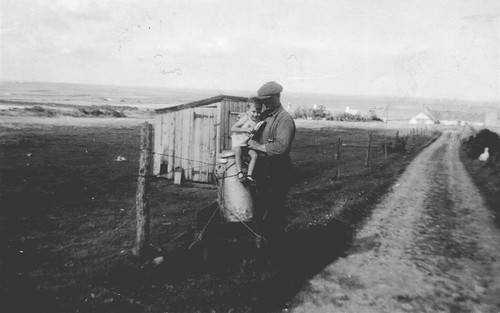
Great Aunt Liz and Uncle Arthur were seasoned crofters, renting their bit of land from the Milk Marketing Board of the time. They had a small herd of dairy cattle that produced the milk quota for the board, which amounted to only about two or three churns of about 45 gallons each a day. There was even a little dairy shed for pasteurizing the milk, all shiny pipes and bubbling noises. The full churns were heaved onto a wheel barrow, usually with me on top, and then dropped off at the end of the lane beside the main road for pickup by the milk lorry and I'd get a hurl in the barrow back up the lane. That's me and Arthur in the photo.
It was standard practice for Uncle Arthur to be up and about by 5:30 to get ready for milking and if he slept in, the cows soon woke everybody up, complaining about being full of milk and fit to burst. Same again at around six in the evening, the cows were brought in and milked again so having a day off just wasn't really on the cards for a small farmer. I liked the bit where I got to feed one of the calves, me holding a bucket of milk for it and trying desperately not be trodden on, as they weighed a lot more than me then, or licked by their sandpapery tongues. I also didn't really like getting squirted by milk if Uncle Arthur was feeling mischevious and I got too close during milking but then he got a milking machine and some of the fun went out of it, at least for me but I'm sure he appreciated not having to milk each one by hand. By the way, you have to try real fresh milk at least once, it's so different from the processed, semi-skimmed stuff we get nowdays but was really thick and creamy.
There were hens and a few ducks so I got to help collect the eggs and could be a dangerous job. They'd often give you a solid peck while you were rummaging around under them, feeling for any eggs. I also liked searching around the farmyard as you'd often find a few rogue layer's nests in the barns or beside the dykes. The there was the barn, an amazing place full of hay and occupied by an old mechanical wooden threshing machine, which was still used to strip the various cereal crop grains of the stalks and bag it up for market. It was a great place to have adventures and to chase the ever present mice around.
As well as cows, they had sheep that lived mostly up on the hillside above the farms and Arthur had a really good sheepdog that loved herding the hens around as well. Mind you it was a working dog and you daren't ever try and pet it as it'd have had your hand off. The sheep'd only be brought down into the fields for lambing, shearing and wintering. Shearing those days was a manual job and I kept well out of the way as that was serious work.
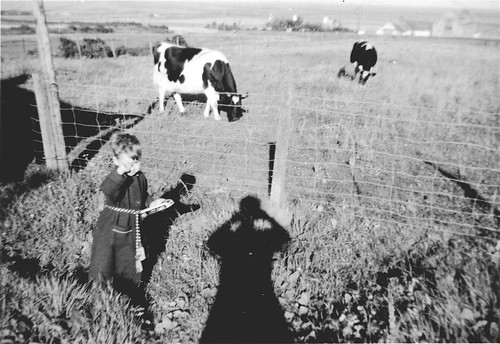
Uncle Arthur had a little blue tractor that ran on paraffin and when I was a bit older I sometimes got to drive it around the field while he dropped off turnips for the sheep from the trailer at the back. It was his normal practise to start the tractor running across the field with the throttle set and then start unloading the turnips out back and one of my firmest memories of the time was of me, seeing that the tractor was about to run into the burn at the edge of the field, taking control of the wheel and saving the day. I'm sure he would have nipped up and turned it himself before it was too late, as he did it by himself all the time, but I felt like a wee hero back then. After that it was my job to steer the tractor while he did the feeding - kept me out of his way I suppose and made me feel useful.
Aunt Liz was an amazing person, one of those wee women that never stopped. She cooked, cleaned and fed the poultry and collected, cleaned and graded the eggs into boxes, which she sold to a shop in Thurso. She also made
crowdie, sometimes flavoured with caraway seeds, butter and cheese from the milk and sold that too. On a Monday she baked, and I mean baked, almost the entire day was taken up with baking the week ahead's supply of soda bread, scones and pancakes on her trusty Raeburn stove and on Wednesday, she topped up the supplies again. English readers please note that Scottish pancakes are not the thin things you know by the same name, they're about 10cm in diameter and up to 1cm thick. Our crumpets are closer to your pancakes but they're much lighter. I suppose I began my love affair with scones back then as they accompanied almost every meal.
Breakfast, which was taken much later than you'd normally have it nowadays, at around 10:30 as Uncle Arthur had been on the go for several hours, was usually porridge accompanied by a bowl of fresh creamy milk and followed by lots of Aunt Liz's baked wonders. The porridge was made with salt and the concept of putting sugar or honey on it just never arose, probably an English corruption of one of our national dishes, and I've taken with salt ever since. Also, you didn't pour the milk over the porridge but instead took a spoonful and dipped it in the bowl, which stopped the milk warming up. I can't remember having lunch but we did come in mid afternoon for what was called "half-yoking".
Once I'd got into fishing I used to walk round the hill and fish for trout in the River Forss or we'd go down to
Brim's Ness and spin for coalies and pollock. Great times and great memories were had there.
 We finally got to see Peter Jackson's King Kong the other night and, after all the hype and build-up, we still really enjoyed it!
We finally got to see Peter Jackson's King Kong the other night and, after all the hype and build-up, we still really enjoyed it!





